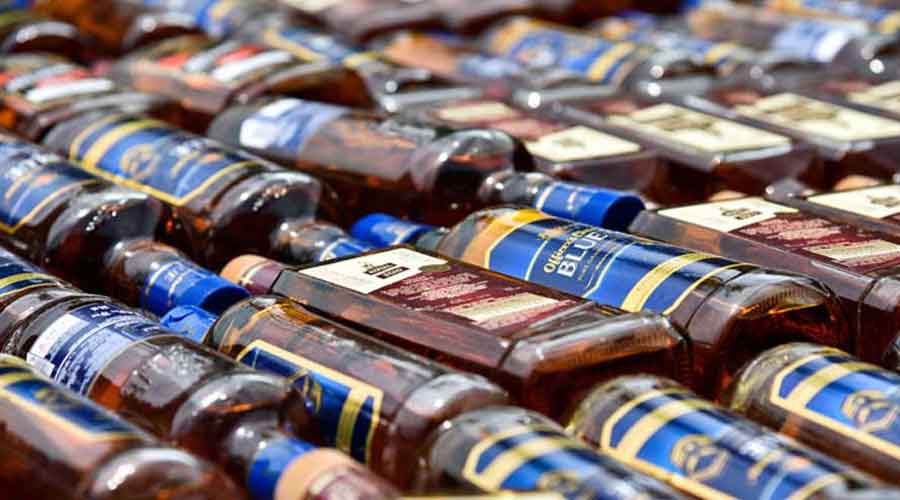A seven-member Delhi state government team spent two days in Bengal and returned to the national capital on Thursday after studying Bengal’s excise policy as part of an exercise to draw up a “flawless new excise policy” for the Aam Aadmi Party-led government.
The Delhi government had rolled out a new excise policy in November last year, which was withdrawn after the CBI started a probe by lodging an FIR against at least 14 senior bureaucrats and leaders of the ruling AAP, including Delhi deputy chief minister Manish Sisodia, for alleged irregularities in the policy in mid-August.
“After the controversy, the Kejriwal government appointed a special committee of top bureaucrats to give recommendations for a fresh and flawless excise policy implemented in six months. The team visited Bengal to learn the Bengal model hailed across the country,” said a source.
Two assistant commissioners of the Delhi excise department and senior officials of the Delhi National Informatics Centre (NIC) were part of the team.
“The Delhi officials studied our policy, including the online trading system, the supply chain of brands of liquors and the revenue collection process.... They noted how retailers across Bengal can place their orders directly through the online portal and get supply without the involvement of private players,” said a senior excise official in Calcutta.
The Bengal excise department earned a revenue of over Rs 13,500 crore in 2021-22, a steep rise from Rs 5,000 crore when Mamata Banerjee came to power in 2011.
“The phenomenal rise in revenue was the result of a good Bengal excise policy in 2016 and work done by the department,” said a source.
Excise officials referred to at least three major reforms in the policy, including turning the entire system online from issuing licences to collecting revenue.
The Bengal government set up West Bengal Beverage Corporation in 2017 to replace the old manual system of distribution through private players.
“In our state, no one can say that any private player has got extra benefits as the portal is open to all manufacturers and retailers. The officials from Delhi liked it,” said an official. “Those officials went through records of how Bengal excise policy helps the government increase revenue without controversy,” he added.
Bengal has around 5,300 retail outlets while Delhi has 1,000 such vendors.

